Fearsome and evocative, the slogan “Blood and Soil” encapsulates the symbiotic relationship between a land and its inhabitants—the ability of the land to define its people and the influence of the people in shaping their environment. Richard Walther Darré, an SS Obergruppenführer, emerged as the foremost proponent of the “Blood and Soil” ideology in Nazi Germany, serving as the Reich Minister of Food and Agriculture. His book, A New Nobility of Blood and Soil, gained substantial popularity in the Third Reich, bolstering the rural and agriculturalist movements. This work significantly influenced Hitler and laid the groundwork for the National Socialist ideology.
The doctrine articulated in Darré’s work posits that Germany’s true elite, the nobility rooted in “blood and soil,” represented the last bastion against the exploitative capitalist elite and the decadent old aristocracy. It champions the hardworking peasant, bound to his homeland with no wealth to forsake his responsibilities or international ties to uproot him, as the epitome of national fidelity. For this peasant, the homeland is paramount, and his labour is the foundation upon which the nation is built. From such individuals, Darré argued, a new nobility must arise to address the modern world’s challenges—environmental degradation, declining birth rates, and the alienating urban lifestyle.


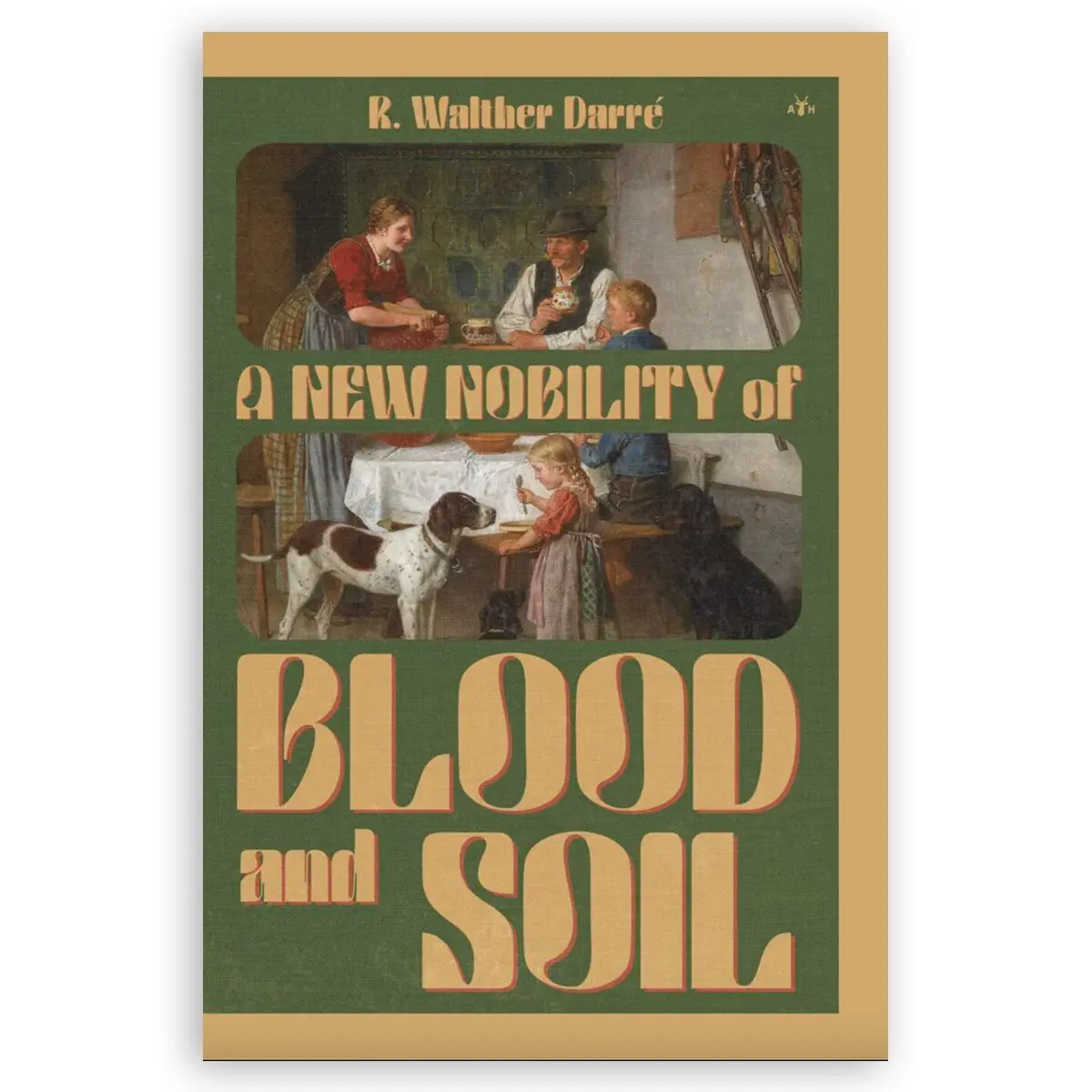


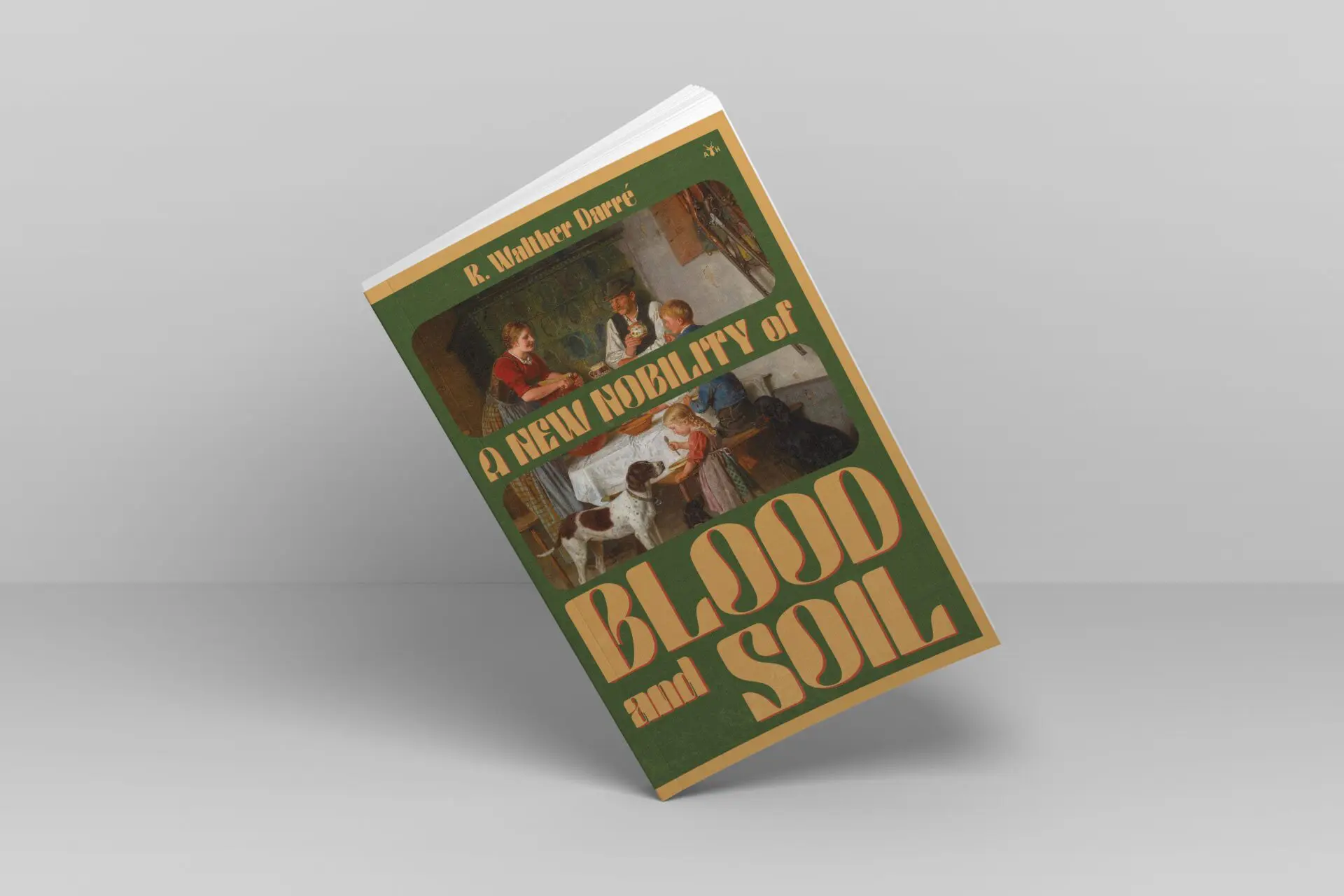
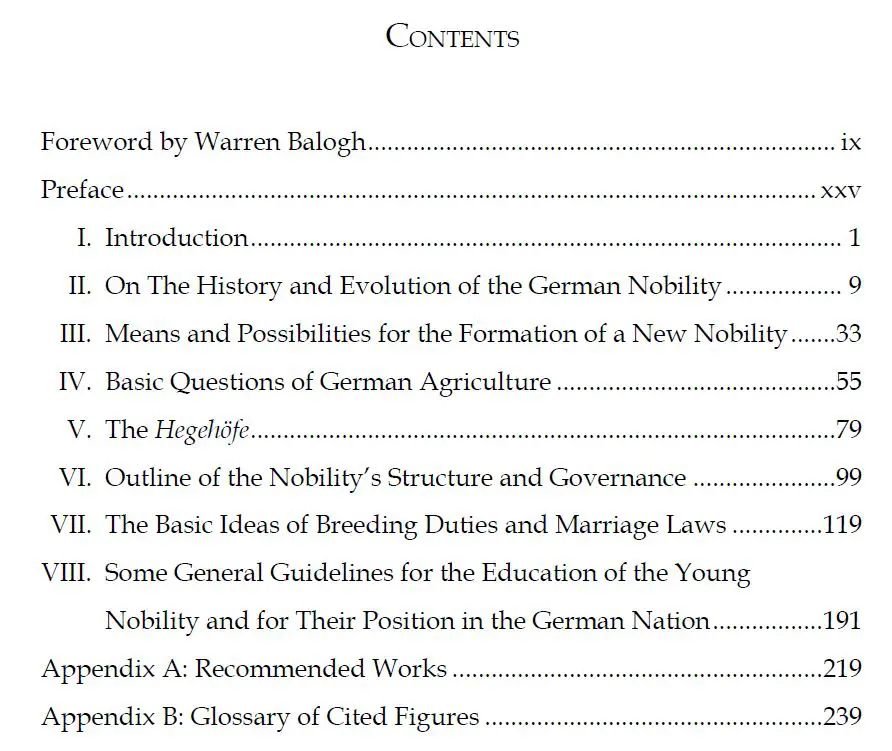
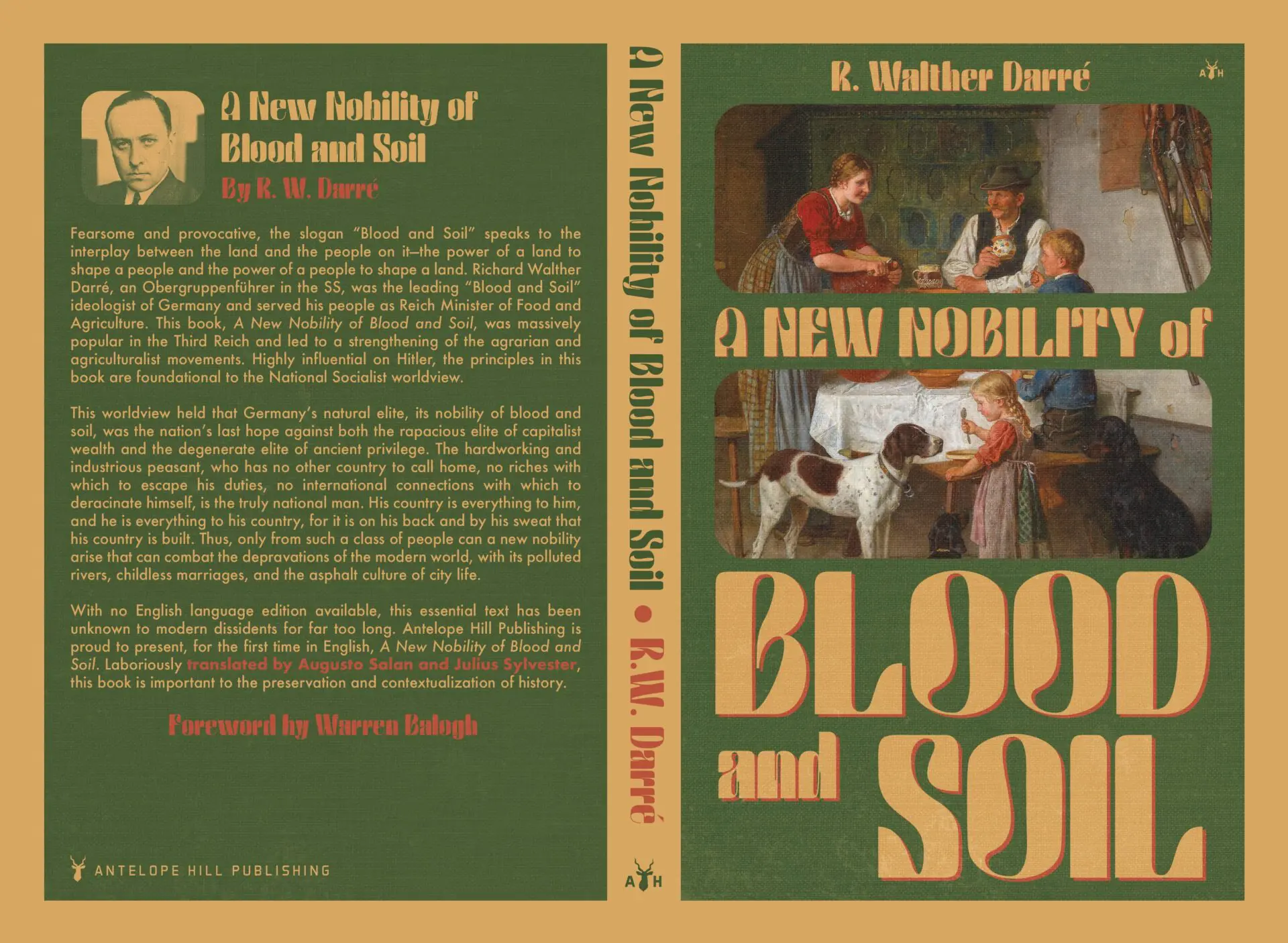
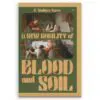
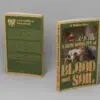
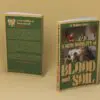

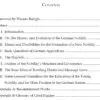
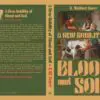


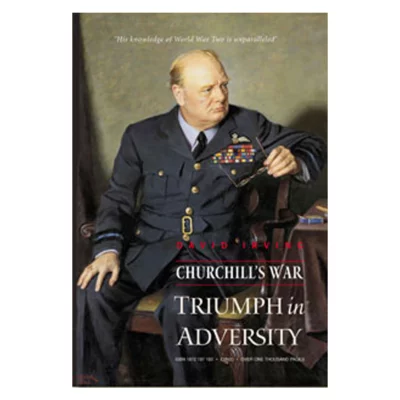



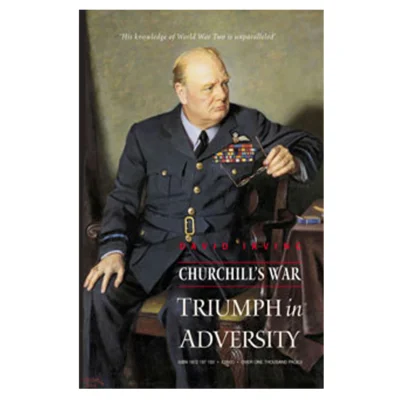
Avis
Il n’y a pas encore d’avis.